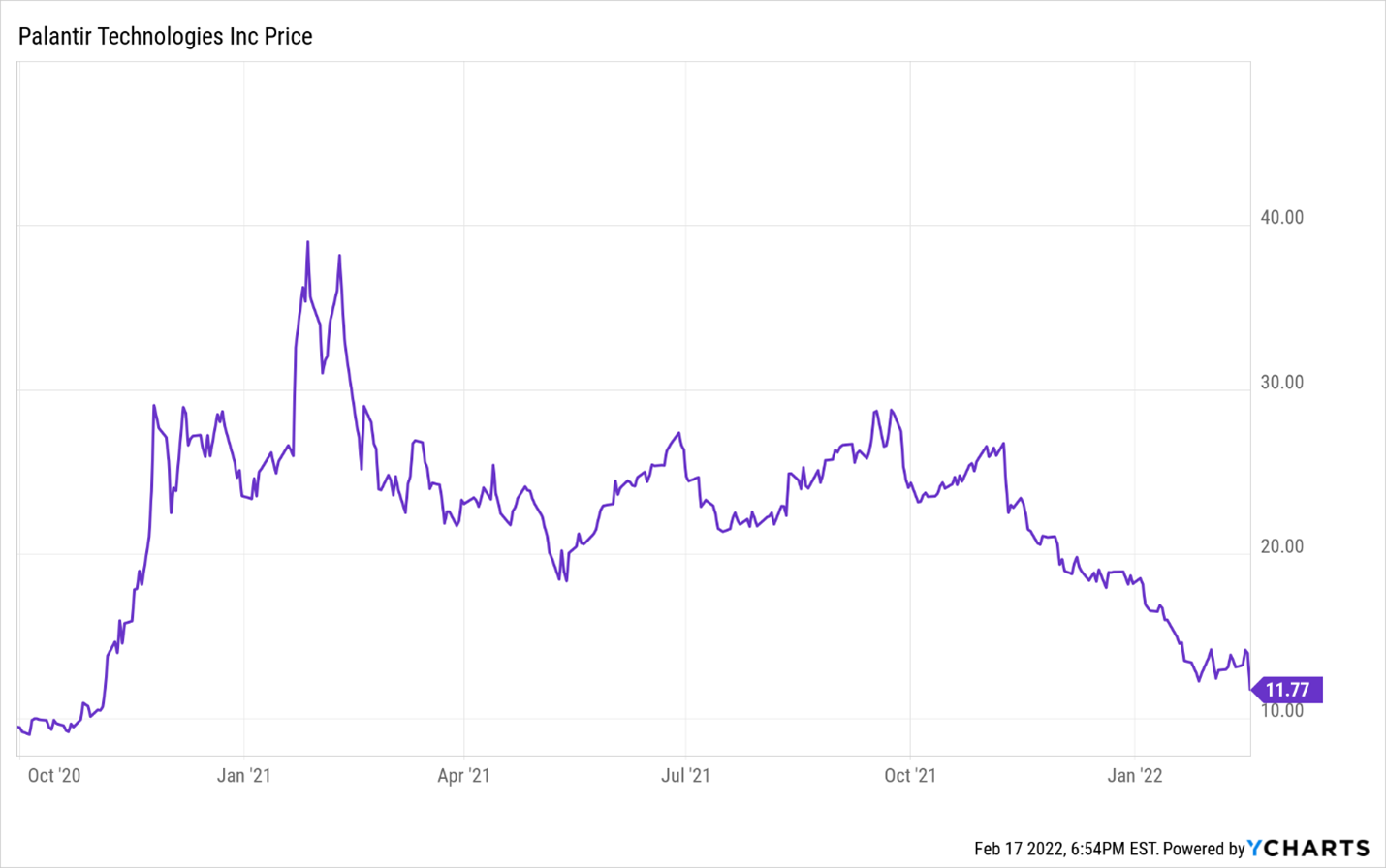Navigating The Crossroads: Apple's Position In The AI Landscape

Table of Contents
Apple's Strengths in the AI Game
Apple isn't just playing catch-up; it's playing a different game altogether. Its strengths lie in a unique approach that leverages its existing ecosystem and hardware prowess.
Superior Hardware Integration
Apple's powerful A-series chips are the unsung heroes of its AI strategy. These custom-designed System-on-a-Chip (SoC) processors provide significant hardware acceleration for AI tasks, enabling on-device AI processing with impressive speed and efficiency. This has several key benefits:
- Enhanced Privacy: On-device processing minimizes the need to send sensitive user data to the cloud, aligning perfectly with Apple's commitment to privacy-focused AI.
- Offline Functionality: Features like Siri and advanced camera features work seamlessly even without an internet connection, offering a more reliable user experience.
- Improved Performance: The dedicated neural engines within the A-series chips enable significantly faster and more responsive AI experiences, leading to improved Siri performance and enhanced image processing capabilities.
The integration of sophisticated AI capabilities directly into its hardware gives Apple a significant advantage in terms of speed, responsiveness, and user privacy.
Strong Ecosystem and User Base
Apple boasts a vast and incredibly loyal user base, creating a rich ecosystem brimming with data. This presents a powerful opportunity for training AI models and developing highly personalized experiences.
- Valuable Data Pool: The sheer volume of user data generated within the Apple ecosystem provides an unparalleled resource for refining and improving AI algorithms.
- Seamless Integration: AI features are seamlessly integrated across Apple's diverse range of devices and services, creating a cohesive and intuitive user experience. This seamless integration is a key differentiator.
- Closed Ecosystem Control: The closed ecosystem allows Apple to maintain tight control over data security and the user experience, ensuring a consistent and high-quality AI experience. This control is a double-edged sword, however, as we'll discuss later.
Focus on User Experience and Privacy
Apple consistently prioritizes intuitive and user-friendly AI features. This dedication to user experience is a cornerstone of its AI strategy. Furthermore, its unwavering commitment to data privacy sets it apart from competitors.
- Ethical AI: Apple’s approach reflects a commitment to ethical AI and responsible AI, prioritizing user privacy and transparency.
- Competitive Advantage: In a world increasingly concerned about data security, Apple’s privacy-focused approach is a significant competitive advantage. This contrasts sharply with the data-centric strategies of other tech giants.
Apple's AI Challenges
While Apple's strengths are undeniable, it also faces significant challenges in navigating the complex AI landscape.
Relatively Limited Public AI Initiatives
Compared to Google or Microsoft, Apple has been relatively quiet about its public-facing AI platforms. This deliberate strategy, driven by a focus on integration within its existing ecosystem, has both advantages and disadvantages.
- Lack of Visibility: The lack of a prominent, public AI platform may limit its market reach and visibility in the broader AI community.
- Strategic Considerations: Apple's focus on integration suggests a belief that AI's value lies not in standalone services but in enhancing its existing products and services. This AI strategy, however, might limit its influence in the broader AI community.
Competition from Other Tech Giants
The AI landscape is fiercely competitive. Apple faces stiff competition from tech giants like Google, Microsoft, and Amazon, each with substantial resources and established AI platforms.
- Intense Competition: The AI competition is fierce, requiring constant innovation and differentiation to maintain a competitive edge.
- Innovation is Key: Apple must continue to innovate and find new ways to leverage its strengths to differentiate its AI offerings.
Dependence on On-Device Processing Limitations
While on-device AI processing offers significant advantages, it also presents limitations. Complex AI tasks might demand more processing power than even the most powerful A-series chip can offer.
- Computational Power: Relying solely on on-device vs cloud AI processing limits the complexity of tasks that can be performed.
- Balancing Act: Finding the right balance between energy efficiency and computational power is crucial for delivering a seamless user experience.
The Future of Apple's AI Strategy
Apple's future in AI is brimming with potential. Several key areas could drive significant growth and innovation.
Potential Growth Areas
Several promising avenues for expansion exist, leveraging Apple's strengths and addressing its current limitations:
- Siri Advancements: Significant improvements to Siri's natural language processing and contextual understanding could greatly enhance its usefulness.
- AI in Healthcare: Apple's focus on health and wellness provides fertile ground for AI applications, particularly in areas like preventative care and personalized medicine.
- AR/AI Integration: The convergence of augmented reality and AI could unlock exciting new possibilities for Apple's devices and services.
Predictions and Outlook
Predicting the future is inherently speculative, but several factors suggest a strong potential for Apple's continued success in AI:
- Continued Hardware Advancements: Further advancements in Apple silicon will undoubtedly enhance AI capabilities, leading to even more impressive on-device performance.
- Strategic Partnerships: Strategic collaborations with other companies could broaden Apple’s reach and access new technologies and expertise.
In conclusion, Apple's position in the AI landscape is unique. It's not aiming for dominance in the same way as some competitors, but rather, for a different kind of leadership. Its strengths in hardware integration, a robust ecosystem, and a focus on user privacy position it well for continued success. While challenges remain, Apple’s strategic approach, coupled with its continued innovation, suggests a bright future in the ever-evolving world of AI. We encourage you to share your thoughts on Apple's AI strategy in the comments below, and stay tuned for further developments in this exciting field!

Featured Posts
-
 Improving Wheelchair Access On The Elizabeth Line A Practical Guide
May 09, 2025
Improving Wheelchair Access On The Elizabeth Line A Practical Guide
May 09, 2025 -
 Palantir Stock Buy The Dip After 30 Fall Analysis And Outlook
May 09, 2025
Palantir Stock Buy The Dip After 30 Fall Analysis And Outlook
May 09, 2025 -
 Woman Kills Man In Racist Stabbing Unprovoked Attack
May 09, 2025
Woman Kills Man In Racist Stabbing Unprovoked Attack
May 09, 2025 -
 The Untold Story Of Jeanine Pirro At Fox News
May 09, 2025
The Untold Story Of Jeanine Pirro At Fox News
May 09, 2025 -
 Bert Kreischers Netflix Stand Up How His Wife Feels About His Comedy
May 09, 2025
Bert Kreischers Netflix Stand Up How His Wife Feels About His Comedy
May 09, 2025
